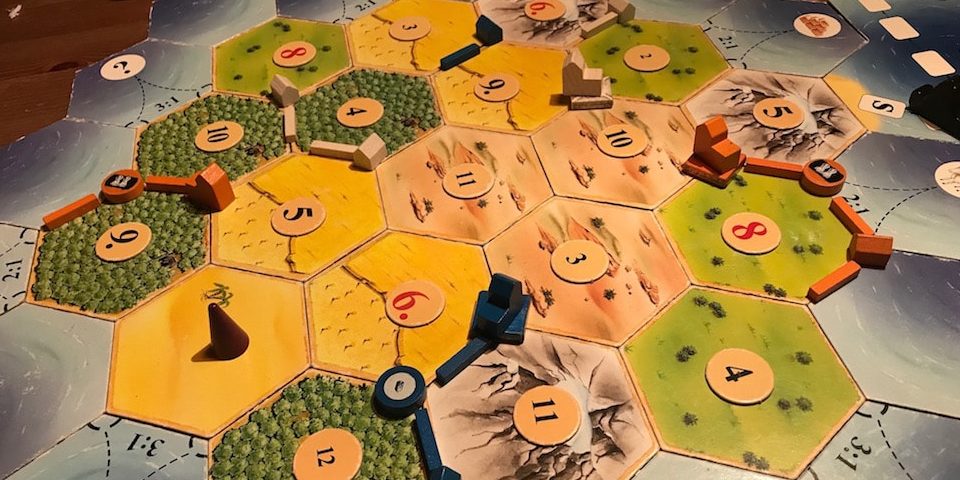Playing: why I love it so much
Since I was a child, I love playing so much. What child wouldn’t, you wonder. True. But not so many adults maintain this unbridled passion for playing.
I practice Linguistic Empathy and I expect you to do the same. Please bear with me if my English is not perfect.
When my sons were small, we used to play a lot with them. I constantly invented new stories to tell, welcomed their suggestions to spend time and helped them turn them into playful activities, I taught them new games all the time.
In Latin America, we used to travel a lot. After hours spent in the car or discovering places and monuments, we loved to take out a deck of cards at night and play a lot. Hearts, Scopa, Snap, The Killer, and a thousand other games whose name I forgot, but whose fun I perfectly remember.

When my sons grew up a bit, we introduced more complex games: several board games, some on logic, more and more difficult ones to keep on challenging their development.
And so we arrived where we are today, two young adults in the family. And yet, the first thing we do when we get back together is to sit down with a deck of cards or in front of our favourite board game.
Obviously, both my husband and I love playing a lot. I have met families where parents only accepted to play a game of cards or of Uno from time to time, only to please their children. They considered the activity a sheer duty, like many other things in raising children.

If I look back, I realize I have rarely met families that play as much as ours. The list of games that marked our life is too long and uninteresting.
What I like to remember though, is that my husband and I used to play even before the children were born. In our long African nights, there was always a game of Ludo (I recently found the plastic little board on which we used to play endlessly), a Cribbage or a local game (in Bissau we played Mancala all the time).
I love the special taste of playing, the suspending of all important matters in life. I love to creatively use my brain and deeply enjoying the interaction with others. I never get tired of building a tactic on the variables the other players suggest. It is something I love having in my life.
Even my son’s friends are used to sit down with us for endless games of Werewolf (a classic in Tuscany), Catan (the evergreen), or Briscola Chiamata (Italian card game).
Our sons are young adults now, but there is always a deck of cards in our luggage, and one of them always has a new game to introduce, depending on the cultural context he has been immersed in. For instance, this year it was the turn of Tarots, which Alessandro took from France, his adoptive country.

I also love playing a lot among adults, and I do not miss a chance to do so. If I give an intercultural training, I always use at least one game, both for young and grown-up participants. In my workshops on intercultural competence, there is always a game – certainly at the beginning as an ice-breaker, but often even in the middle of the seminar. If I invite friends for dinner, it may happen that I suggest a game. At our Triennale this year, we played both on the first night (with a wonderful Scavenger Search), and the second one, with the fantastic Sapo, a Latin American game that makes everybody, from 8 to 80, happy.
I love playing. It relaxes me, makes me happy, excites me, connects me with other players in a light and creative way. It strengthens the group. Playing is beautiful. I remember having read so in the wonderful book by Penelope Leach, Your Baby and Child: From Birth to Age Five, which I used a lot when my first child was born. Penelope always stressed that “playing is beautiful” and we must find all possible ways to offer this to our children. Why should we stop playing when we grow up?

